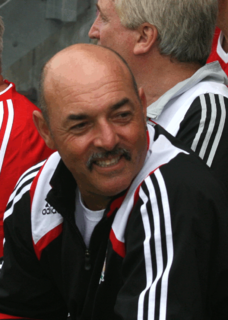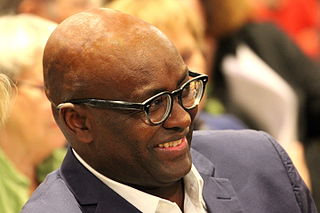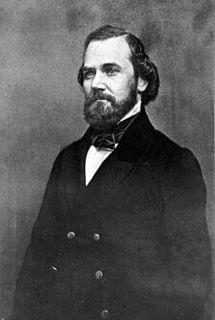A Quote by Athol Fugard
The toughest challenge I faced came right at the beginning of my career with 'Blood Knot,' which was trying to convince South African audiences that South African stories also had a place on the stage.
Related Quotes
We do not have a South African as a member of the African Commission. The President of the Commission comes from Mali, the Deputy comes from Rwanda and then we have got all these other members, ordinary commissioners. There is no South African there. And the reason, again, for that is not because we didn't have South Africans who are competent.
When I was in government, the South African economy was growing at 4.5% - 5%. But then came the global financial crisis of 2008/2009, and so the global economy shrunk. That hit South Africa very hard, because then the export markets shrunk, and that includes China, which has become one of the main trade partners with South Africa. Also, the slowdown in the Chinese economy affected South Africa. The result was that during that whole period, South Africa lost something like a million jobs because of external factors.
A number of African countries came to us and said, we request that South Africa should not field a candidate, because so many other African countries wanted to, and, in any case, South Africa would continue to play a role in terms of building the African Union, and so on. And they actually said, please don't field a candidate, and we didn't. As I have said, it is not because we didn't have people who are competent to serve in these positions.
There is the possibility that these troops will be used against us if we are victorious. There is also the possibility that in fact the South Africans are there at the invitation of Britain, because Britain is hesitating to remove them. Hence there is a need for us to combine forces and demand through all political platforms, through all media, the withdrawal of South African troops and action, definite action, by Britain to get those South African troops out.


































